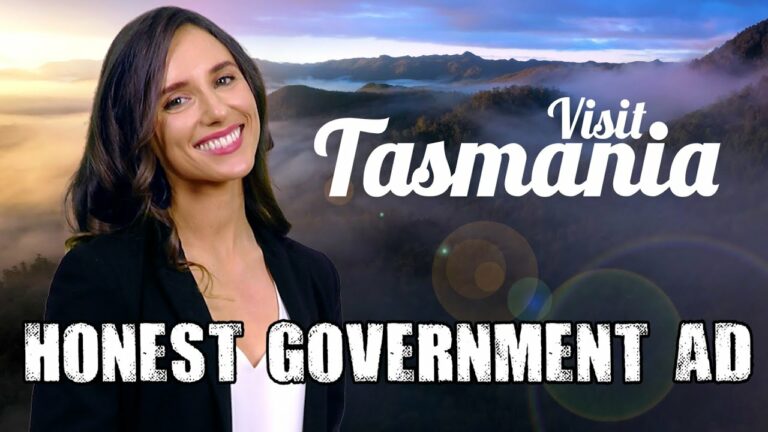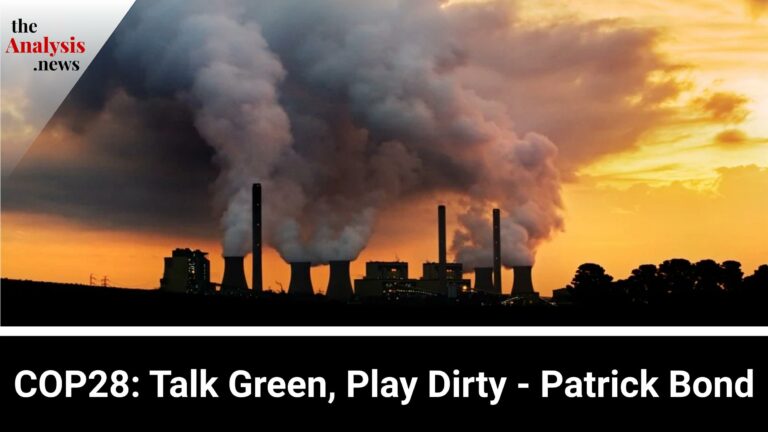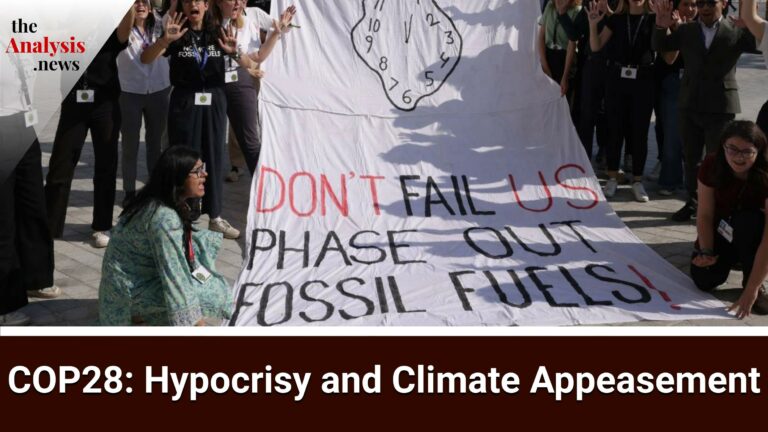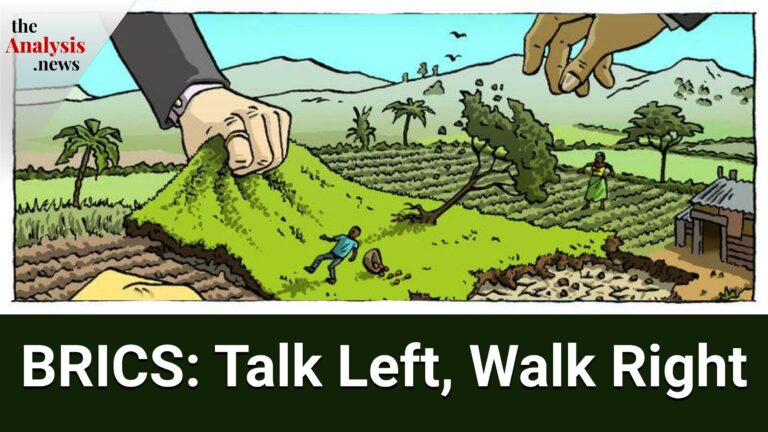Honest Government Ad | How to State Capture (EPBC Act)
The Australien Government has made an ad about our environment laws, and it’s surprisingly honest and informative.

The Australien Government has made an ad about our environment laws, and it’s surprisingly honest and informative.

Gilles Billen shows that industrial agriculture, propelled by international trade and specialization, has disturbed the nitrogen cycle. This has provoked the crossing of planetary boundaries and endangered the possibility of feeding the world. Alternatives do not require new technologies but different ways of organizing production and regional networks. Lynn Fries interviews Gilles Billen on GPEnewsdocs.

The current climate crisis emerged out of a specific set of historical and economic factors which have maintained capitalist accumulation and class inequalities to this day. Jason W. Moore, geographer and Professor of Sociology at Binghamton University, explains how the development of capitalism fueled European colonialism and Western imperialism, resulting in a novel form of climate destruction.

In part 2, historian and geographer Jason W. Moore explains why climate and revolutionary struggles must understand capitalist dynamics and deploy a language of universal class solidarity to overthrow transnational power structures perpetuating the climate crisis.

The Tasmanien Government has made a tourism ad and it’s surprisingly honest and informative.

Patrick Bond, political economist, Professor of Sociology at the University of Johannesburg, and Director of the Centre for Social Change, expands on the first Global Stocktake produced at COP28. He criticizes the document’s weak language of “transitioning away” from fossil fuels, which he says is a distraction from the need to phase out fossil fuels outright. Sanctions such as the Carbon Border Adjustment Mechanism (CBAM) to prevent carbon leakage were removed from the GST in the name of promoting global trade, another aspect Bond problematizes. He also addresses the BRICS+ divided approach toward Israel’s bombardment of the Gaza Strip.

Bruce Robertson, independent energy analyst, exposes the hypocrisies and lobbying taking place at COP28 and how talk of investing in a green transition is belied by increasing fossil fuel subsidies worldwide. He explains how the industry employs terms such as net zero and carbon capture and storage (CCS) to appease social opinion and pretend that emissions are being cut, while CCS technology has largely been a failure. Lastly, he tears into deceptive emissions accounting frameworks, which purport to reduce domestic emissions by exporting gas to other countries but, in fact, contribute to higher emissions globally.

Protesters have practically shut down Panama for over two weeks now in an effort to keep the Canadian mining company First Quantum Minerals from operating Central America’s largest open-pit copper mine. Michael Fox tells the story and analyses its implications.

In part 2, Patrick Bond broadens out his analysis of the BRICS countries engaging in what he terms “talk left, walk right.” He explains the economic theories of “accumulation by dispossession” and refers back to the aims of the Non-Aligned Movement of 1961 and the spirit of the 1955 Bandung Conference.

The Canadian Government has made a new tourism ad, and it’s surprisingly honest and informative! This video was originally published by The Juice Media on September 5, 2023.
End of content
End of content